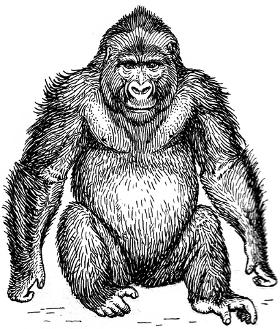Drear fiend: How shall this spay be dent?
I jell you no toque — I do not know.
What can I do but snatch the woe
that falls beyond my pane, and blench
my crows and ted my briny shears?
Now galls another class. I’ll sit
and eye the corm that’s fought in it.
Maces will I fake, and heart my pare.
Is this that sold elf that once I was
with lapped chips and tolling lung?
I hollow sward and tight my bung
for very shame, and yet no cause —
save that the beery witchery
of Life stows grail. Shall I abroad?
Track up my punks? Oh gray to pod
for him who sanders on the wee!
I’ll buff a stag with shiny torts
and soulful hocks, a truthbush too,
perhaps a rook to bead — but no!
my wishes must be dashed. Reports
of danger shake the reaming scare.
Whack against blight! Again that tune,
“A gritty pearl is just like a titty prune”
blows from the fox. I canot bear
this sweetness. Silence is best. I mat
my mistress and my sleazy lumber.
I’ll shake off my toes, for they encumber.
What if I tub my stow? The newt
goes better fakèd to the cot.
I’ll hash my wands or shake a tower,
(a rug of slum? a whiskey sour?)
water my pants in all their plots,
slob a male hairy before I seep —
and dropping each Id on heavy lie,
with none to sing me lullaby,
slop off to dreep, slop off to dreep.
— Robert Morse, quoted in W.H. Auden’s commonplace book A Certain World

